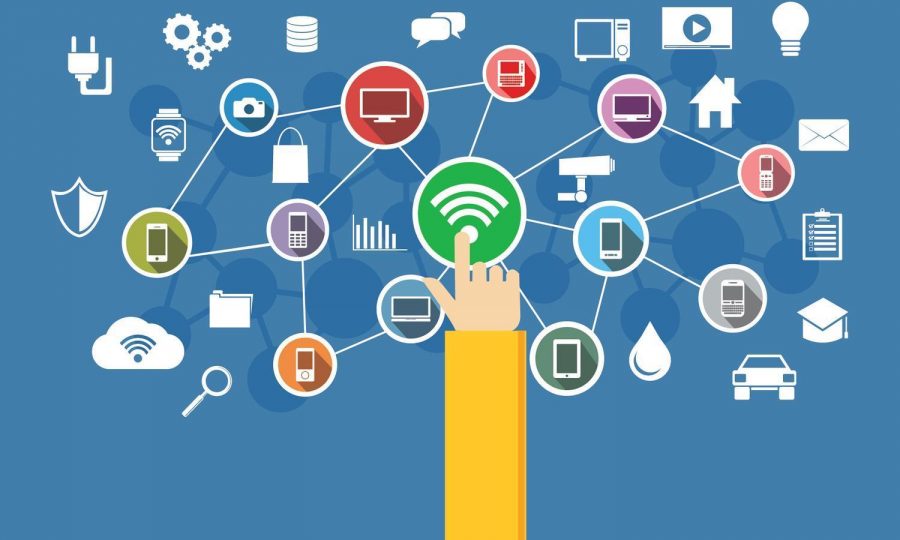Meme-ingless Culture
November 13, 2017
Gunfire ricochets off billion dollar enterprise as blood is pouring into somber desert grass. Thousands run, hundreds bleed, and over 50 take their last breath. Live on the scene of Las Vegas, CNN reports the devastation in graphic detail. No more than an hour into their broadcast, it’s reported that Sam Hyde is the shooter and to be on the lookout for a man who looks to be pulled out of a Columbine documentary. Sam Hyde is a satirical comedian known to be very popular in the alt-right following for his insensitive humor.
Memes and satire have permeated into our mentally vulnerable culture. I constantly ask myself how did we reach a place of such deep desensitization, where we worship everything and value nothing? I’m no saint myself. I log on to Facebook or Twitter daily looking to be entertained in the most insensitive way possible. Memes mocking things such as mass shootings and the joys of socialism are just some of the things that can be found on the internet.
After doing some digging, I found a rebuttal to an article called “Why are you laughing?” by Seth Stephens-Davidowitz. Now without delving to deeply into the first article, Stephens discusses why we reach for humor in many different situations whether we are happy or are sad.
The rebuttal was titled, “Addicted to Meme Culture.” The young lady from Nashville went into detail about how while memes were a great way for people to laugh or be happy, the No. 1 reason people reach for memes is because it gives them a way to connect.
I found myself pondering what she had said and really examined my habitual need to search for memes on social media on a daily basis. I came to the conclusion that this young lady was correct, that we find comfort in knowing others find enjoyment in viewing these memes. Whether these memes are a little goofy and ridiculous or just downright sadistic, our ability to share our efforts at humor and other topics creates a culture that intoxicates a generation of people feeling the need to belong.
Instead of talking about our problems, we take anti-depressants. If we don’t feel OK, we’re told to suck it up. Everyone has their problems. With the online medium expanding, it’s giving us a solace in knowing we aren’t alone, that these silos of insensitivity and humor are helping us relieve the feeling of hopelessness and despair.
Now I find humor in mocking people through memes but this expanding culture is creating a collective relief through desensitization. When I see memes about the Texas shooting or Vegas murders just hours after the news breaks I know something is wrong.
The definition of desensitization is “the diminished emotional responsiveness to negative, aversive or positive stimulus after repeated exposure.” I found myself treating this situation as a chicken-or-the-egg scenario. Is it the media’s fault for exposing the masses to things such as the carnage in Charlottesville or the videos of unarmed people of color being shot in the street? Or is it the fault of the consumer for making things so insensitive?
Maybe this has just become the norm, where the moment we hear of tragedy we reach for our smartphones or laptops to see what the latest joke attached to a picture is.
Perhaps I’m just being cynical, or maybe we have a cultural issue on our hands where the paradigm has shifted from understanding the plight of others through understanding to humor and mocking. I’m not sure there is a science to this, but I know that a collective sense of relief through community isn’t something we should discourage.


















